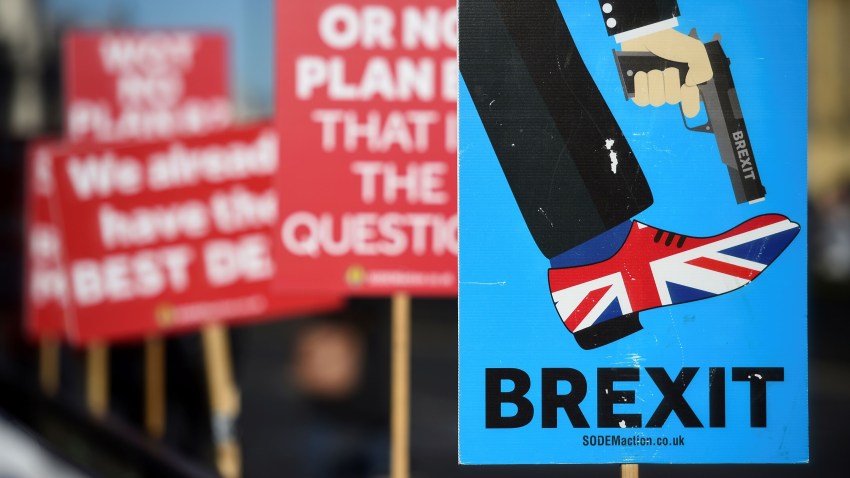For years after British voters narrowly voted to leave the European Union in a 2016 referendum, the country’s political environment was characterized by anger, turmoil and confusion. After a two-month period over the fall of 2022 that saw the country go through three prime ministers in two months, it seemed that the turmoil and confusion would remain, even if the anger has faded. Rishi Sunak, who found himself in the prime minister’s seat when the game of musical chairs ended, reestablished a modicum of order. But he struggled to address the country’s problems, many of them self-inflicted, resulting in a landslide victory for Labour in July elections that installed Keir Starmer in 10 Downing Street as prime minister.
Until the recent upheaval in London, British politics had been dominated by the divisive debates over Brexit ever since the referendum. Theresa May’s initial failure to deliver a deal that was acceptable to the “hard Brexit” wing of the Conservative Party led to her resignation in 2019. Upon succeeding her, Boris Johnson managed to deliver on his promise to renegotiate the U.K.’s transitional withdrawal agreement with the European Union. His subsequent decisive victory in December 2019 parliamentary elections, built in part on successfully wooing traditional Labour Party voters, gave Johnson the ample majority he needed to see his deal through.
Just when the initial impact of that deal started to be felt, however, the COVID-19 pandemic pushed Brexit to the backburner, while also disguising some of its economic consequences. Johnson was criticized for his initial response to the pandemic, but ultimately benefited from his willingness to take risks when his quick action to secure vaccines paid off. After surviving multiple scandals over his handling of the pandemic, he was finally brought down by yet another unrelated one in July 2022.
What followed was unprecedented, in terms of the brevity of his successor’s time in office and the chaos it unleashed. Just weeks after defeating Sunak in the Tory Party leadership contest and becoming prime minister in September 2022, Liz Truss proposed a budget that threw bond and currency markets into turmoil. Amid the backlash, she was forced to resign just 44 days after taking office, handing the premiership—and the country’s multiple challenges—over to Sunak.
The Tories’ chaos was a boon for the Labour Party, which had struggled under Starmer’s leadership to inflict lasting damage on Johnson. Since Labour’s landslide victory in July, Starmer has tried to strike a balance between moving quickly to implement his agenda and managing popular expectations, given the fiscal and governance challenges he inherited after 14 years of Tory rule.
In the meantime, the U.K.’s future remains uncertain, and the lack of clarity has global implications. London was eager to negotiate post-Brexit trade deals, beginning with the U.S., to make sure that vital exports are not interrupted. But its leverage to do so has been seriously diminished. Meanwhile, the deal Johnson negotiated for a permanent trading relationship with the EU, which took effect Jan. 1, 2021, has proved to be as disruptive to the U.K.’s trade with its erstwhile EU partners as critics—and even some supporters—predicted. And beyond trade, questions remain over how much influence a “Global Britain” can really have in a world increasingly characterized by geopolitical competition among the great powers.
WPR has covered Brexit and U.K. politics in detail and continues to examine key questions about what will happen next. How will Starmer try to improve relations with the EU now that he is in office? What’s ahead for the Tory party after its electoral debacle in July? And what kind of global role will the U.K. have moving forward? Below are some of the highlights of WPR’s coverage.
Editor’s note: This article was originally published in July 2019 and is regularly updated.

